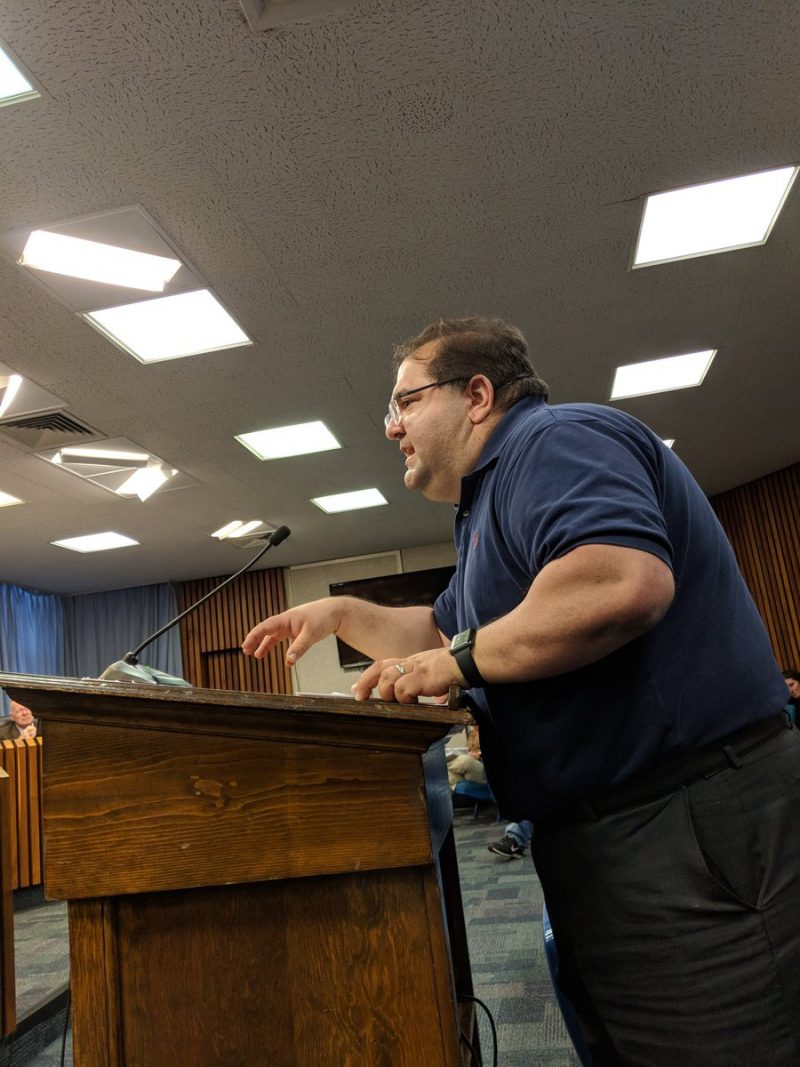The group of parents, students and advocates who sued the state last summer alleging unconstitutional disparities in public school funding said they’re dropping that lawsuit, describing themselves as “pleased” with the legislature’s education finance overhaul and Gov. Charlie Baker’s plan to implement the first year of it.
Haverhill parent Ted Kempinski, a Haverhill High School history teacher with three children in the city’s public school system, and another Haverhill family were among several plaintiffs in the case that alleged chronic underfunding that unfairly leaves wide swaths of students behind compared to their peers.
In June—months before the Senate or the House took up a bill rewriting the funding formula with a focus on costs associated with special education, teaching low-income students and English learners and employee health care—the group from Haverhill, Lowell, Chelsea, Chicopee, Fall River, Orange and Springfield filed a Supreme Judicial Court lawsuit against state education officials.
Since then, both legislative branches unanimously passed and Baker signed a bill that commits the state to $1.5 billion in new K-12 education funding over seven years. Next year’s budget will be the first to contain the new money, and the $44.6 billion fiscal 2021 spending plan Baker filed last week includes $355 million associated with the law.
The law, known as the Student Opportunity Act, did not include a revenue source or otherwise specify how to pay for its requirements. Plaintiffs in the lawsuit, Mussotte v. Peyser, said they plan to “closely monitor” implementation to ensure lawmakers are allocating appropriate levels of funding.
“If they do not live up to their constitutional obligations, we will be ready to return to court on behalf of the children of Massachusetts,” Juan Cofield, president of the New England area conference of the NAACP, said in a statement.
Denise DaPonte Mussotte, a Fall River mother whose children were plaintiffs in the case, said the funding called for in the law will be “transformative” for Massachusetts students, “as long as it reaches the classroom.”
“But legislative leaders have already predicted a difficult road ahead in fully funding this promise,” she said in a statement. “We will keep a close watch on Beacon Hill over the next seven years to make sure lawmakers fulfill their pledge to provide every student with a high-quality education no matter where they live, their family income, the color of their skin, the language they speak at home or the services they need to succeed.”
The lawsuit was developed by the Council for Fair School Finance, which includes Lawyers for Civil Rights, the New England Area Conference of the NAACP, the Massachusetts Association of School Committees, Citizens for Public Schools and education unions. The council was also involved in the McDuffy v. Secretary of the Executive Office of Education case that resulted in the 1993 ruling that the state had failed to meet its constitutional duty to provide an adequate education to all students.

